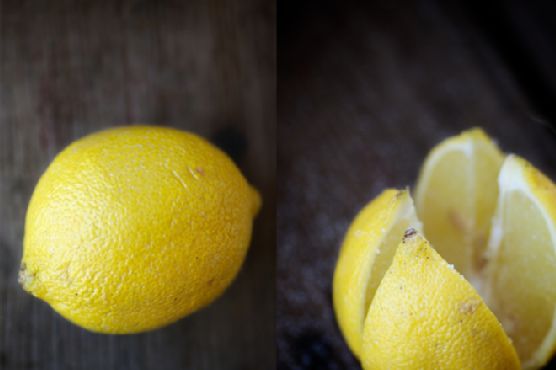Discover the vibrant flavors of Moroccan cuisine with this simple yet transformative recipe for preserved lemons. These tangy, salty gems are a staple in Moroccan cooking, adding a unique depth of flavor to a variety of dishes. Whether you're a seasoned chef or a curious home cook, making your own preserved lemons is an easy and rewarding process that requires just a few ingredients and minimal time.
Imagine the bright, zesty aroma of fresh lemons filling your kitchen as you prepare this delightful condiment. With just 10 minutes of hands-on time, you can create a versatile ingredient that will elevate your meals for months to come. Preserved lemons are not only vegetarian, vegan, and gluten-free, but they also fit perfectly into a low FODMAP diet, making them accessible for a wide range of dietary preferences.
Once fermented, these lemons develop a complex flavor profile that can enhance salads, tagines, and even dips. Their briny essence adds a burst of brightness to savory dishes, making them a must-have in your culinary repertoire. Plus, with a shelf life of one to two years, you can enjoy the taste of summer all year round. So grab your lemons, some unrefined sea salt, and a canning jar, and embark on a flavorful journey that will transport your taste buds straight to Morocco!
